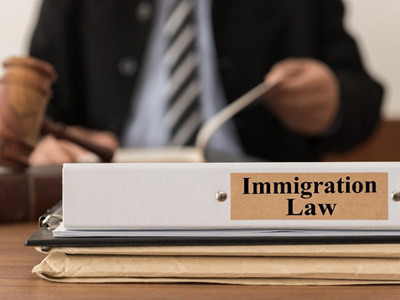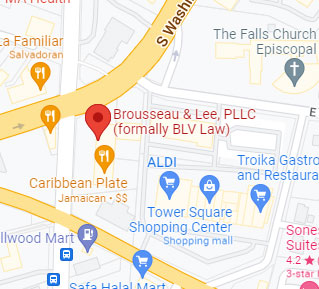 The Timeframe For Filing A Joint Petition
The Timeframe For Filing A Joint Petition
Regulations state that USCIS shall decide on a joint petition within 90 days of the interview date. Unfortunately, though, the government assumes that the language is a directory, not mandatory – and the Board of Immigration Appeals has accepted this position.
As a result, I-751 petitions currently take more than two years to be granted the effect of approval. However, even if the I-751 is filed late, the conditional basis of the conditional resident status is restored effective upon the second anniversary of the grant of lawful residence.
In other words, the conditional resident is a lawful permanent resident as of the date of the initial grant of lawful permanent residence on a conditional basis for all purposes. This includes residency and the physical presence requirements for naturalization.
If the conditional resident has filed a late I-751, upon approval of the I-751 by USCIS, the conditional resident status is restored. In addition, they will not have been considered to have accrued any periods of unlawful presence.
The USCIS will then process a new green card using the biometrics that is captured at that biometrics appointment.
If The Petition Is Denied
If the USCIS denies a joint I-751, they must issue a notice to appear before an immigration judge. At that appearance, the conditional resident and their spouse may then renew the joint I-751 before the judge. If the renewed application is denied by an immigration judge, they can appeal that to the Board of Immigration Appeals and so forth.
If the joint I-751 was denied for failure to timely file the petition, the immigration judge may, upon a joint motion of the Department of Homeland Security (DHS) and the conditional resident, stop removal proceedings and allow the couple to file the I-751 before USCIS.
If the marriage has ended in divorce, the immigration judge must grant a continuance to allow the conditional resident to file an I-751 in one of the waiver categories.
If the petitioning spouse passes away, the statute and governing regulations are less than clear on the proper procedure. However, the adjudicator’s field manual with USCIS states that the surviving conditional resident spouse files under the good faith and termination category.
So even when the petitioning spouse, the US citizen, has died before the grant of an unconditional card, the conditional resident will have options under the same I-751 visa.
With the guidance of a skilled attorney for Immigration Cases In Virginia, you can have the peace of mind that comes with knowing that we’ll make it look easy.
For more information on the Timeframe Of Filing A Joint Petition, an initial consultation is your next best step. Then, get the information and legal answers you seek by calling (703) 249-9055

Call Now To Schedule A Consultation (703) 249-9055
